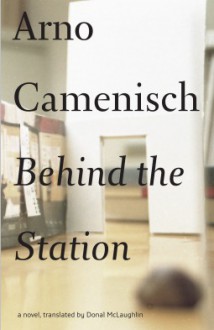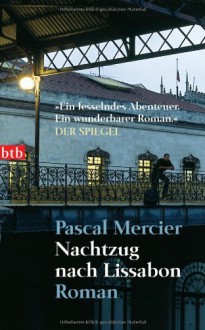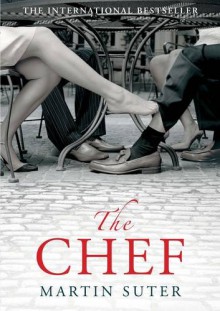Abridged version of my review posted on Edith’s Miscellany on 3 January 2014
The satire Once a Greek is set in French-speaking Switzerland, presumably in the (fictitious) capital. The protagonist called Arnolph Archilochos is a middle-aged sub-accountant, an insignificant underling in one of countless open-plan offices of the Machine Factory Petit-Paysan plc. He’s a very principled and religious man, a model of virtue imitating a number of chosen idols who leads a rather ascetic and bleak life. One Sunday the hostess of the Chez Auguste where he has his meals convinces him to place a Lonely Heart’s ad in the paper. Being of Greek descent, he seeks a Greek girl, an innocent like himself. Beautiful and charming Chloé Saloniki answers to the ad and everybody except Arnolph realizes at first sight that she is a prostitute. They agree on getting married quickly and even quicker the collapse of his idyllic view of life as well as the fall of his idols announces itself.
The plot of Once a Greek is absurd, the language matter-of-fact. Essentially Friedrich Dürrenmatt satirizes our inclination to idealize the world before our eyes and to simply fade out or mentally alter everything that doesn’t fit in. People of rigorous virtue are particularly prone to it, if they – like Arnolph – take for granted that others observe the same moral values as themselves. But sooner or later everybody has to face reality and to decide how to deal with it. In the end unconditional love is all that counts.
For me Once a Greek by Friedrich Dürrenmatt has been a quick and interesting read which I enjoyed very much and therefore recommend although the English has been out of print already for a while.
For the full review please click here to go to my blog Edith’s Miscellany.

 Log in with Facebook
Log in with Facebook 














